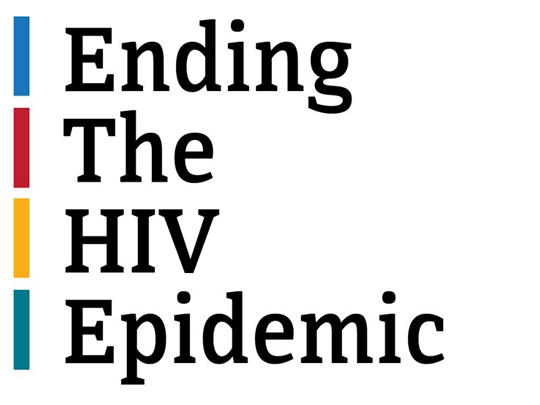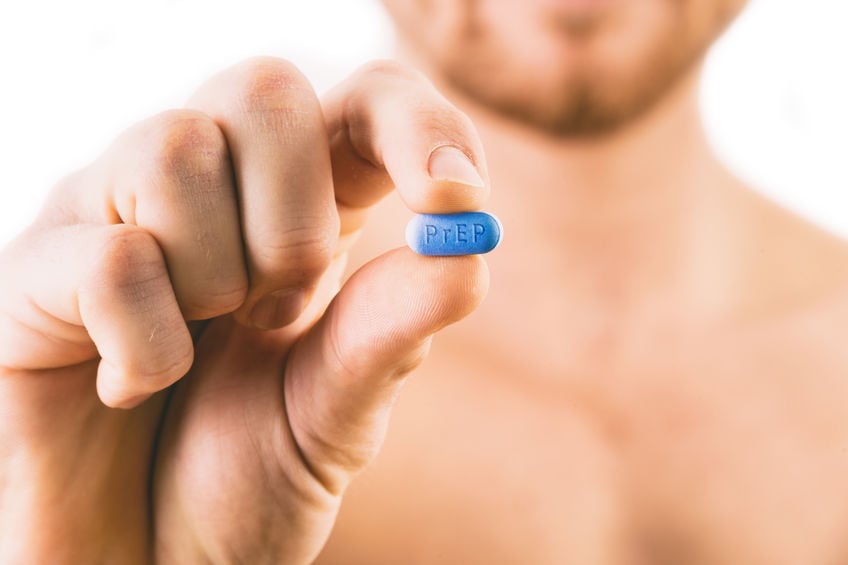The Power Of HIV Testing
An estimated 1.1 million people in the US have the human immunodeficiency virus (HIV). In Texas nearly 100,000 people are living with HIV. Furthermore, 1 in 7 may be unaware of the infection because of a lack of testing. One of the best ways to stay healthy is to test for HIV and other sexually transmitted infections (STI) regularly. There are several ways to know one’s status, including self-testing methods. However, a common question is whether at-home tests are accurate or if professional lab testing is better. Are home tests reliable and precise?
It’s all about early diagnosis
Doctors recommend sexually active people aged 13-64 get tested for HIV yearly. Due to behavioral and medical factors, higher-risk people should test more often. Testing means early diagnosis and treatment, significantly reducing the risk of acquired immunodeficiency syndrome (AIDS). On the other hand, those found HIV-negative can take a pre-exposure prophylaxis (PrEP) to prevent future infections. The good thing is that at-home tests are readily available in pharmacies or online and are inexpensive. Some agencies in Texas even provide free self-testing kits to increase support and prevent this disease.
Testing at home
The HIV self-test is a rapid self-test that uses an oral sample collected by swabbing the gums. The results are available within 20 minutes. HIV self-test is an antibody test designed to measure the concentration of antibodies in the collected sample. Antibodies are proteins produced by the immune system to fight infections. The antibody results indicate whether HIV or another STI has infected an individual.
What happens next?
Receiving a positive self-test result does not necessarily mean someone has HIV. The test results must be verified by a laboratory using more sophisticated tests. These follow-up tests are generally performed within 72 hours of positive results. If the confirmatory test also reveals a positive result, the doctor may conduct further tests to determine if AIDS has developed. If the self-test showed negative and the test was taken in the window period of about 3 months, then the result is relatively reliable.
Are HIV self-tests accurate?
HIV self-tests have a 92.9% accuracy rate and are reliable. Only 1 in 5,000 tests show false-positive, and only 1 in 12 are false negatives. Follow-up lab tests confirm if the self-test is indeed positive. Home testing may not detect all strains of the virus. Some may not be able to catch HIV infections that have occurred within the past 3 months. Hence, self-tests should be taken at least 3 months after engaging in risky behavior.
Other HIV testing options
Aside from the self-test, there are several other tests to determine if someone is infected with HIV. These include the nucleic acid (NAT), antigen tests, antibody tests, and mail-in HIV antibody tests. All these can be performed at a clinic, hospital or at home. The results will be ready in a few minutes or days depending on the test. Getting tested regularly is essential to knowing one’s risk and managing the spread of the virus. Even an at-home test can be a game-changer and a responsible way to have a healthy sex life.

Have You Seen Our Outreach Efforts?
You may have seen our table ads in the community. You can download them here:





